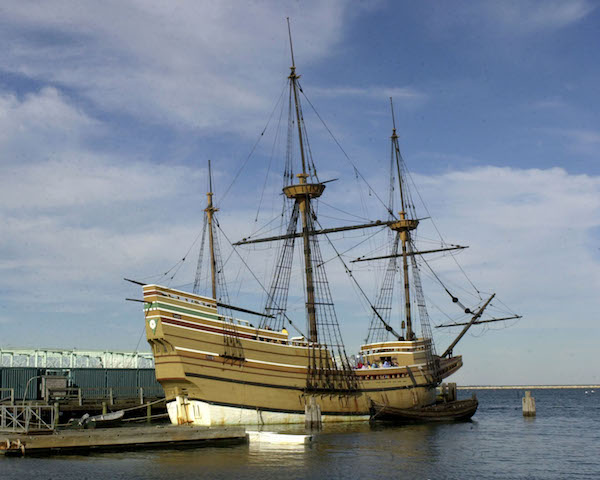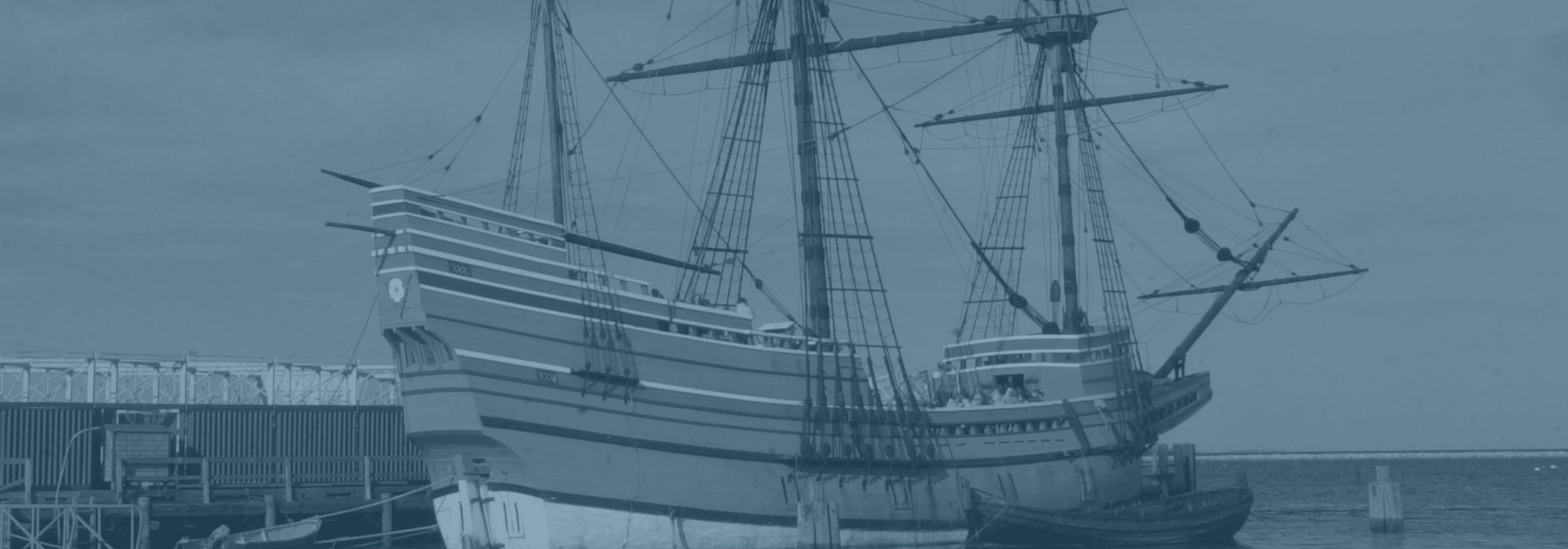By George Friedman
I’m writing this on a Boeing 777 about two hours out from Auckland, New Zealand. From there we will catch a plane to Brisbane, Australia and thence (I am already adjusting my speech) to the Gold Coast (a town, not a region, that has become Australia’s pre-eminent seaside resort area). After the Gold Coast we go to Sydney for a couple of days then back to Auckland to visit with my wife’s family. Meredith was born in Australia, as Protestant as they come, and moved to the United States as an adult. I originate from a family of Hungarian Jews from the Carpathian Mountains. She descends from the Mayflower crowd, via Governor William Bradford. Her ancestors fought in the American Revolution, alas for the British. A forefather appears to have been a spy for General William Howe. His name was John Irwin. Having sided with the losers, he went to Halifax, where he went into the shipbuilding business, which obviously didn’t go well, as his grandson sailed his ship to Australia in the 1850s. By European standards, my wife and I should have been unfriendly strangers.

The Mayflower II, a replica of the ship which carried the pilgrims to the New World in 1620, is docked in Plymouth Harbor on Nov. 25, 2003 in Plymouth, Massachusetts. A year after their arrival, the puritan colonists and their Aboriginal neighbors observed the first Thanksgiving holiday in the autumn of 1621 to celebrate a bountiful harvest after a year of sickness and scarcity. Michael Springer/Getty Images
She taught me about Marmite and I taught her about kosher delis in New York. She was by far the winner in that exchange, as any American who has tasted Marmite will understand. I grew up in the Bronx, she in Wahroonga, a classy Sydney suburb. The combination of someone who longed for Coney Island with someone who was at home in the Royal Sydney Yacht Squadron has made for some wonderful, and frankly tense, moments. I still don’t know why she makes such a fuss about table manners, particularly mine. But she is the one who oversees our affairs, makes sure I finish writing my books and maintains my relations with the world. The world finds me a bit rough but it likes her a lot. Hence, she is by my side to make certain I don’t utter what I think of as truths in socially inconvenient ways and places. Protestants understand the social, Jews understand their own idiosyncratic truths and enjoy pummeling others with them.
When I come to this part of the world, I am always struck by a concept we never hear about: the European diaspora. The various peoples of Europe have collectively constituted a vast and ongoing diaspora. We speak of the Jewish, Armenian or Chinese diaspora. But somehow we never think of Europe as scattering its deeply divided peoples throughout the world.
There is a difference between imperial conquest and diaspora. Imperial conquest is carried out by governments and the elites. They do it for power, money and strategic advantage. The rest of us, who have moved from one country to another, are part of a diaspora. We hope to find a better life, some food to eat, a house to live in, a policeman who will not beat us. Thus, the great European conquest of the world had two sides. One was the movement of the geopolitical plates of the world. The other was the individual acts of desperation.
My wife’s forefathers got on board a wooden boat, the Mayflower, knowing that death was as likely as survival, and arrived in the middle of nowhere, ready to begin the struggle for a new life. A few decades earlier, Roanoke colony disappeared without a trace. My own family crossed borders where capture and death were far more likely than success. The Mayflower sailed because the wars of English religion had yielded a state some could not tolerate, and being unwilling to tolerate the regime could mean catastrophe for them. My family sailed because the ideology of communism was unbearable, and those who found it unbearable would likely die.
Centuries apart, from different places, her familial history and mine were essentially the same. Very few came to America for adventure and fortune. Most of Europe’s diaspora came because their lives were terrible in Europe. They were without hope, caught up in wars they had no interest in, forced to flee because of the movement of borders. From the Mayflower to Botany Bay, where the pickpockets and pimps who were to be hanged in London got reprieve, the story of Europe’s diaspora was one of a desperate search for a decent life.
The diaspora was not peaceful. Europe’s wars shaped the places Europeans sought refuge. And the diaspora displaced, subordinated and killed those who were there before, much as the Zulus, the Comanche and the Aztecs did when they arrived. The settlement of the diaspora involved brutality, as do many consequential human acts.
But driven by suffering and injustice in Europe, and the hope that Europeans might live better elsewhere, the experience of danger and death at home, the danger of the journey, and the loneliness of the place in which they arrived stays with us all. Moving to a country overwhelmingly alien, different from all you have known, and speaking an unknown tongue is a lonely experience. Even in the Bronx, which is filled with people, being a stranger makes you lonely. I imagine living in Plymouth colony, planted on the edge of a vast unknown continent, made Governor Bradford lonely, particularly when night fell.
The European diaspora is a story tied together by the similarity of our pasts. We may not have experienced it ourselves, but it is buried deeply in our collective and family memories. It still lives with the generations that have descended from the migrants. We migrate within our own countries, in pursuit of jobs, careers and loves. And we migrate between the lands of the diaspora, much as the European diaspora continues. The children of the European diaspora are in a real sense rootless. I have lived in many places in my life. Meredith quite easily agreed to come to America. It was an adventure. And it is an adventure that all members of the diaspora share.
When you consider that I married into her family – and Meredith married into mine – you begin to understand. In Europe, there would have been a barrier between us that was unbridgeable. And it is far from gone in the diaspora. But the reality is that as different as our histories are, it is a single history of danger, flight, loneliness and triumph. It is odd that the European diaspora isn’t seen this way and that many think the settlement of the diaspora is unjust because, in the process, others were displaced. But it is simply human, and like all human things, it is both just and unjust.
The European diaspora included migrants from all of Europe’s countries. There are vast areas where Spanish and Portuguese are spoken, and other regions where people converse in French or Dutch. But I will assert that the English-speaking regions have had the largest effect on the world. This may not be a popular view, but it is true that the colonies created by the English became the places where refuge can be found now and in past centuries. Australia, New Zealand, Canada and the United States, received the English language, marvelous in its subtlety and dynamism. And these countries have formed a web of relations with each other that has been a driver of the global system. They are not always comfortable with each other, but they have fought together and created together. They have also welcomed the wretched refuse of Europe’s teeming shores with an ease and openness not quite matched by others.
So this week, I will speak to members of the Australian financial community. All are part of the great European diaspora. To understand that diaspora, one book that must be read is Winston Churchill’s “A History of the English-Speaking Peoples.” The title of the book alone could stand as his greatest intellectual contribution, if there were not so many others. He grasped the significance of the diaspora and the centrality of the English-speaking world.






